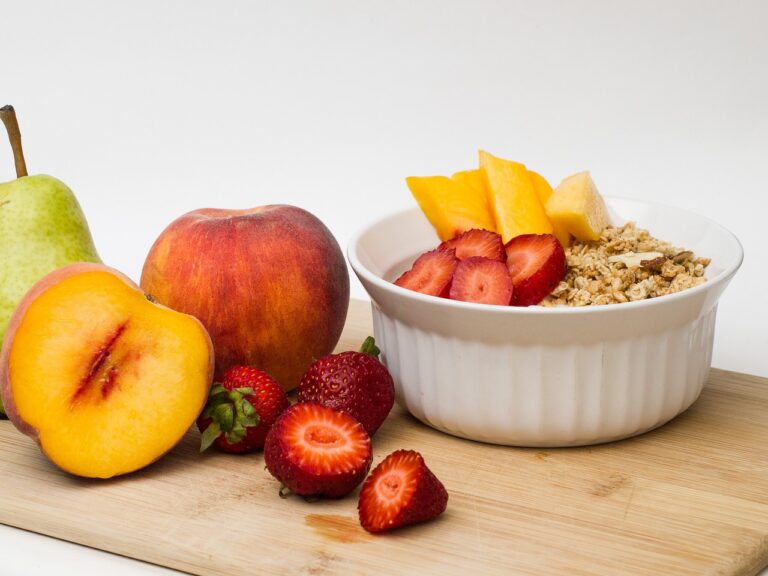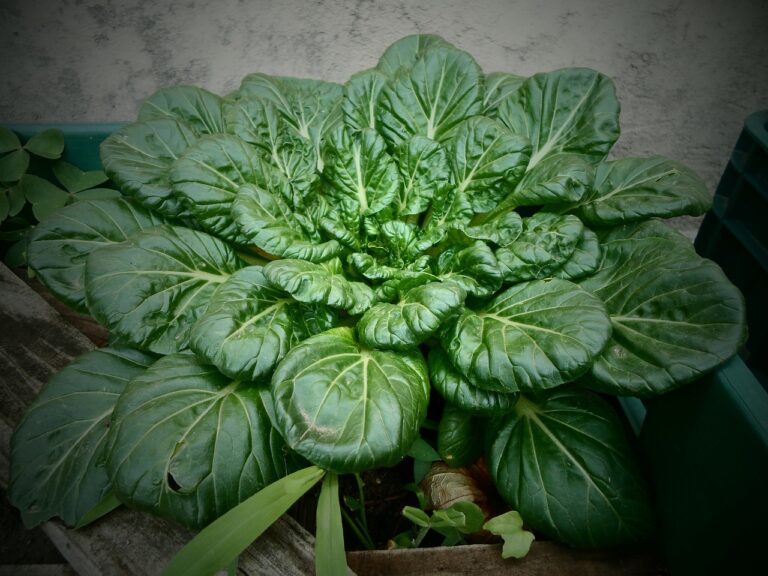The Impact of Beekeeping on Rural Economies: Allpannel, Laserbook247 com, 247betbook
allpannel, laserbook247 com, 247betbook: Beekeeping has long been known for its positive impact on rural economies around the world. From providing a sustainable source of income for small-scale farmers to boosting agricultural productivity through pollination, the importance of beekeeping in rural communities cannot be understated.
With the global decline in bee populations due to factors such as habitat loss, pesticide use, and climate change, the role of beekeeping in supporting rural economies has become even more critical. Let’s take a closer look at how beekeeping can benefit rural communities and contribute to economic growth.
1. Introduction to Beekeeping
Beekeeping, also known as apiculture, involves the management of honeybee colonies for the production of honey, beeswax, and other hive products. Beekeeping has been practiced for centuries, with honeybees playing a crucial role in pollinating agricultural crops and wild plants.
2. Economic Benefits of Beekeeping
One of the key benefits of beekeeping is its ability to generate income for rural communities. Honey production is a lucrative business, with honey being in high demand both locally and internationally. In addition to honey, beekeepers can also profit from selling beeswax, royal jelly, propolis, and bee venom.
3. Employment Opportunities
Beekeeping creates employment opportunities for local residents, particularly in rural areas where job opportunities may be limited. From beekeepers and hive manufacturers to honey processors and marketers, beekeeping supports a wide range of jobs along the value chain.
4. Pollination Services
In addition to honey production, beekeeping plays a vital role in supporting agricultural productivity through pollination. Bees are essential pollinators for many fruit and vegetable crops, including apples, almonds, blueberries, and cucumbers. By increasing crop yields, beekeeping helps enhance food security and boost farmers’ income.
5. Environmental Benefits
Beekeeping also has environmental benefits, as bees play a crucial role in maintaining biodiversity and ecosystem health. By pollinating a variety of plants, bees help sustain diverse habitats and support wildlife populations. In addition, beekeeping promotes sustainable agriculture practices by reducing the need for chemical pesticides through natural pollination services.
6. Value-Added Products
Beyond honey and beeswax, beekeepers can create value-added products such as pollen supplements, bee pollen, and propolis tinctures. These products have a variety of health benefits and can be sold at premium prices, providing additional income streams for beekeepers.
7. Export Opportunities
Beekeeping has the potential to open up export opportunities for rural communities, allowing them to tap into international markets and increase their income. Countries like New Zealand, Argentina, and Ukraine are major honey exporters, leveraging their beekeeping industry to boost economic growth and trade.
8. Training and Education
To maximize the benefits of beekeeping, it is essential to provide training and education to beekeepers. By equipping them with the necessary skills and knowledge, beekeepers can improve their practices, increase productivity, and access new markets. Training programs on beekeeping techniques, hive management, and value-added product development can empower rural communities to thrive in the beekeeping industry.
9. Gender Empowerment
Beekeeping can also empower women in rural communities by providing them with income-generating opportunities. In many societies, beekeeping is traditionally seen as a female activity, allowing women to take a leading role in beekeeping enterprises and contribute to their family’s livelihood. By promoting gender equality and women’s economic empowerment, beekeeping can drive social development and poverty reduction in rural areas.
10. Sustainable Development Goals
The United Nations’ Sustainable Development Goals (SDGs) recognize the importance of beekeeping in achieving sustainable development. Beekeeping contributes to several SDGs, including zero hunger, decent work and economic growth, gender equality, and sustainable production and consumption. By integrating beekeeping into sustainable development strategies, policymakers can harness its potential to create positive impacts on rural economies and communities.
11. Case Studies
Numerous case studies demonstrate the transformative impact of beekeeping on rural economies. For example, in Ethiopia, beekeeping has helped smallholder farmers increase their income and improve their livelihoods. By implementing modern beekeeping techniques and marketing strategies, farmers have been able to access new markets and enhance their competitiveness in the honey industry.
12. FAQs
Q: How much money can beekeeping generate for rural communities?
A: The income generated from beekeeping can vary depending on factors such as the scale of operation, types of products produced, market demand, and beekeeping practices. On average, beekeeping can generate thousands of dollars in revenue for rural communities, providing a sustainable source of income throughout the year.
Q: What are the challenges faced by beekeepers in rural areas?
A: Beekeepers in rural areas face various challenges, including bee diseases and pests, adverse weather conditions, limited access to markets, and lack of training and resources. To overcome these challenges, beekeepers need support in the form of training, technical assistance, access to credit, and market linkages.
Q: How can beekeeping contribute to poverty alleviation?
A: Beekeeping can contribute to poverty alleviation by creating income-generating opportunities for rural communities, reducing dependence on traditional agriculture, and promoting sustainable livelihoods. By diversifying their income sources and improving their economic resilience, beekeepers can lift themselves out of poverty and improve their quality of life.
In conclusion, beekeeping has a significant impact on rural economies, providing income opportunities, employment, pollination services, environmental benefits, value-added products, export opportunities, training and education, gender empowerment, and sustainable development outcomes. By harnessing the potential of beekeeping, rural communities can unleash economic growth, enhance food security, and promote sustainable development for future generations.







